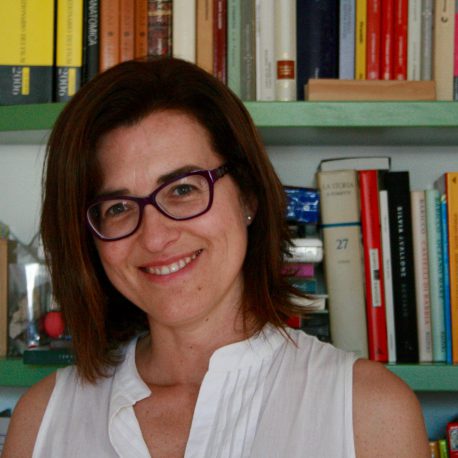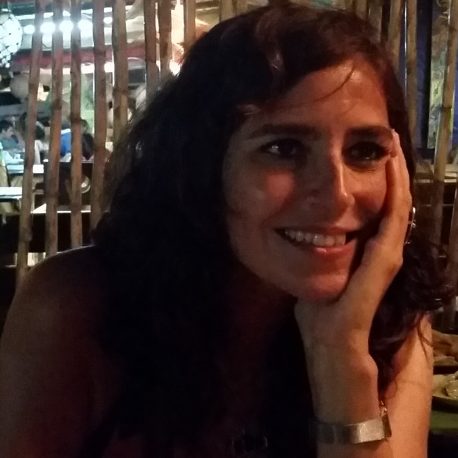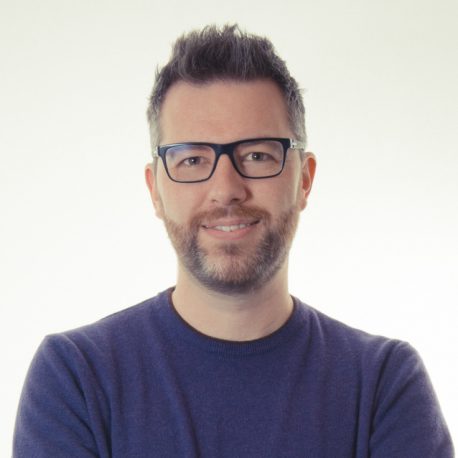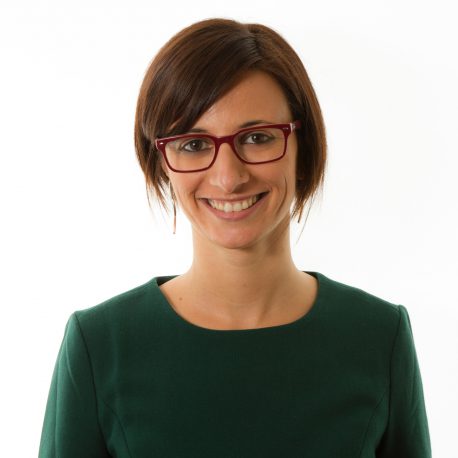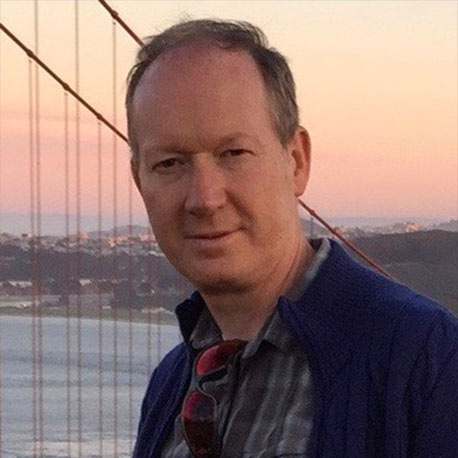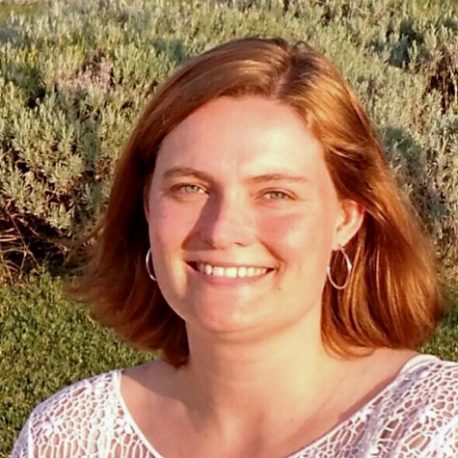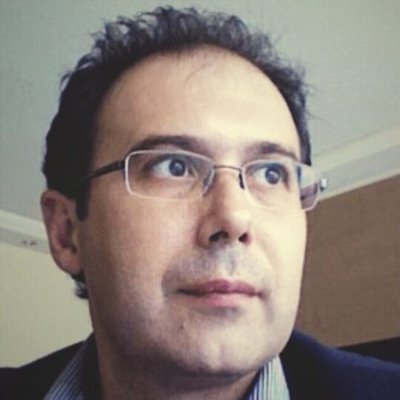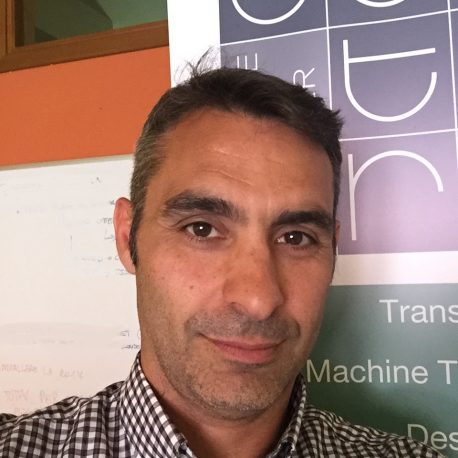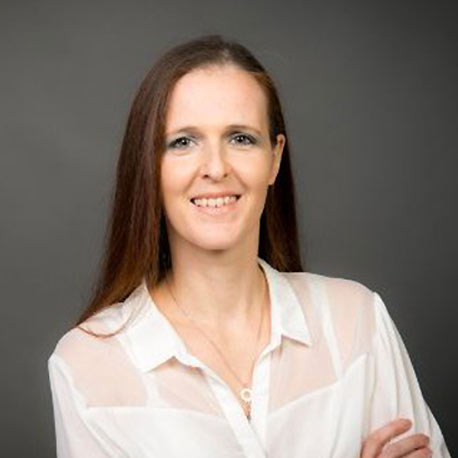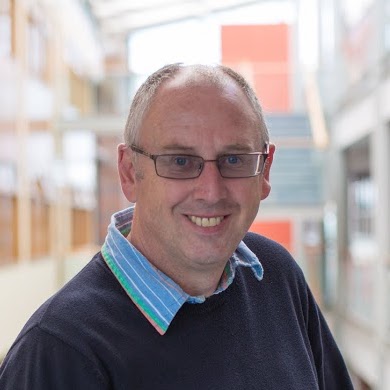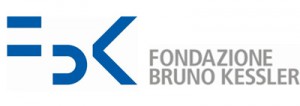
School of Advanced Technologies for Translators
Friday 15 and Saturday 16 September 2017 - Trento (Italy)
The school will teach on the first day the basics of state-of-the-art machine translation technology, as well as the relevant aspects related to its application to post-editing, from the educational, professional and industrial perspectives.
On the second day, two parallel courses on CAT tools will be offered:
– MateCat
– SDL Trados Studio 2017
Keep up to date with the latest trends
To translation students and professionals, language service providers, as well as teachers involved in translators’ training.
The aim of the school is to reduce the gap between professional translators and current/future trends in the translation industry, which include machine translation and post-editing technologies. Our long-term plan is to establish a yearly reference venue for translators and language service providers who want to be updated on the newest technologies and trends.
Speakers
Program
Translation technology and the translation industry
| Time | Session | Speaker(s) |
|---|---|---|
| 8:30 - 9:00 | Registration | |
| 9:00 - 9:10 | Welcome and presentation of the school | |
| 9:10 - 10:00 | Invited lecture "How can Machine Translation help Translators?" Machine Translation (MT) is being used by many people now as a productivity tool, with demonstrable success. There is already a wide variety of use-cases, but more are emerging where MT is the only solution. Many of these new, emerging use-cases for raw MT and post-edited MT require different levels of human engagement, and different levels of quality. Despite the fact that more and more people are finding MT to be useful, the introduction of MT into the translation pipeline has been less than wholly embraced by the entire translator community. Nonetheless, we argue – as we have done for a number of years now – that the translation community has little to fear from MT, and that where human input is required, the translator remains the most important link in the chain. | Andy Way |
| 10:00 - 10:40 | Lecture: Introduction to Machine Translation In this gentle introduction to machine translation, we will cover the basics of the phrase-based and neural machine translation approaches. In particular, for each approach we will present the underlying models, the overall architecture, the machine learning framework, and the inference methods. We will also discuss and compare the general properties and quality-cost trade offs of each approach, to point out their strengths and weaknesses as well as to suggest under which condition one approach would be preferable over the other. Finally, we will present a few recent advances in neural MT, to witness the relentless research effort going on worldwide in this field. | Marcello Federico |
| 10:40 - 11:00 | Coffee Break | |
| 11:00 - 11:30 | MT in use: MMT@MateCat Demonstration of the key features of the MMT system when used by the translator through the MateCat tool, namely (i) MMT does not require any initial training time: as soon as translators upload their translation memories in the CAT tool, MMT seamlessly and quickly learns from this data; (ii) MMT adapts in real time to the content to be translated: the system leverages those training data that are most similar to the document being translated; (iii) MMT learns from user corrections: during the translation workflow, MMT is constantly learning from the post-edited sentences to improve its translation suggestions. | Davide Caroselli |
| 11:30 - 12:00 | MT in use: Lilt - Translation as a human-machine partnership Typically, MT is used to pre-translate texts that the translator is left with to post-edit, i.e. correct the mistakes that the machine made. Lilt replaces post-editing with interactive and adaptive machine assistance and gives an entirely different experience. Lilt effectively integrates MT, translation memories and termbases into one interface that learns and adjusts from translators or even translation teams in real-time. Interactive MT is more accurate because it can observe what the translator has typed and update the suggestions based on all available information. Adaptive MT saves time by reducing the repetition of mistakes that were already corrected. Lilt's approach leaves translators in control of their workflow and provides a new integrated interface designed to make it easy to use advanced technology. | Carmen Heger |
| 12:00 - 12:40 | Lecture: Evaluation of Machine Translation quality Evaluation of machine translation is crucial in order to understand the potential as well as the limitations of this technology to be used in the translation workflow. We will present both standard human evaluation methods (e.g. fluency and adequacy judgements) and state-of-the-art automatic evaluation metrics (AEMs), focusing on the role of human translators in evaluating MT output and in interpreting AEMs. | Luisa Bentivogli |
| 12:40 - 13:10 | Evaluation in use: Neural MT@WeLocalize Participants will be presented with results from a quality evaluation of neural vs. phrase-based MT carried out at WeLocalize | Tanja Schmidt |
| 13:10 - 14:30 | Lunch | |
| 14:30 - 15:20 | Invited lecture "Translation Industry Shake-up: MT and human talent value (r)evolution" In the last decade the explosion of global content in the cloud has accelerated the pace of language technology R&D progress towards total connectivity and automation, rapid processing and high productivity to meet the market needs for 24/7 on-demand services at an unprecedented scale. We are entering the era of total convergence of technology and human talent. What does this mean for the translation industry landscape beyond 2020? | Olga Blasco |
| 15:20 - 17:15 | Panel of experts from international Language Service Providers LSP Innovation Stories The aim of the panel is to share knowledge and experience about growing businesses and current trends in the translation industry. Since the most innovative LSPs are turning to machine translation to increase their productivity and market competitiveness, the panel will discuss issues such as how LSPs see the translator’s profession now and in the future, what skills are and will be highly valued from language professionals, how LSPs are promoting MT technology adoption in the translator community, how translators can best promote their MT and post-editing skills. Moderator: Olga BlascoPanelists:Alessandro Cattelan, Manuel Herranz, Tanja Schmidt | |
| 15:20 - 16:10 | Panelists’ flash presentations | Alessandro Cattelan , Manuel Herranz , Tanja Schmidt |
| 16:10 - 16:30 | Coffee Break | |
| 16:30 - 17:15 | Panel Discussion | |
| 17:15 - 17:30 | Conclusion |
| Time | Session | Speaker(s) |
|---|---|---|
| 09:00 - 10:30 | Getting Started with MateCat MateCat is a free, online translation platform. What makes it unique is how fast you translate with it and how easy it is to use. Nevertheless, there’s a number of features that are worth a more in-depth look. In this session, we’ll learn how to translate a document the fast way, going from project creation to translation in a couple of minutes. After that, we’ll dive into some of the most useful features of the tool, such as translation memory and glossary management, machine translation, automated tag management, dictation, segmentation and QA. | Alessandro Cattelan |
| 10:30 - 11:00 | Coffee Break | |
| 11:00 - 12:30 | Project management with MateCat In this session we’ll cover the project management features of the tool. We’ll see how you can split your translation projects in up to 50 jobs for multiple translators to work simultaneously with the same translation memories and glossaries. You’ll discover a new way to measure translation productivity and the quality of the translation memories and machine translation you are using. Finally, we’ll cover project management aspects such as how to create projects, manage them online with your team of project managers, assign projects to your translators, outsource the most difficult languages, keep track of projects’ progress and quality. | Annalisa de Petra |
| 12:30 - 13:30 | Lunch | |
| 13:30 - 15:00 | Hands-on session This session is all about you. We’ll revisit the key functionalities of MateCat by actually creating a project and translating some files. | Alessandro Cattelan |
| Time | Session | Speaker(s) |
|---|---|---|
| 9:00 - 10:30 | Project Management In questa sessione capiremo quali sono le migliori prassi per la creazione e la gestione di un progetto. | Luca Menozzi |
| 10:30 - 11:00 | Coffee Break | |
| 11:00 - 12:30 | Translation Productivity In questa sessione affronteremo l’ambiente di traduzione vero e proprio con attenzione a quelle che sono le nuove funzionalità della versione SDL Trados Studio 2017. | Luca Menozzi |
| 12:30 - 13:30 | Lunch | |
| 13:30 - 15:00 | Hands-on session Prova pratica di utilizzo di SDL Trados Studio 2017 | Luca Menozzi |
About Trento
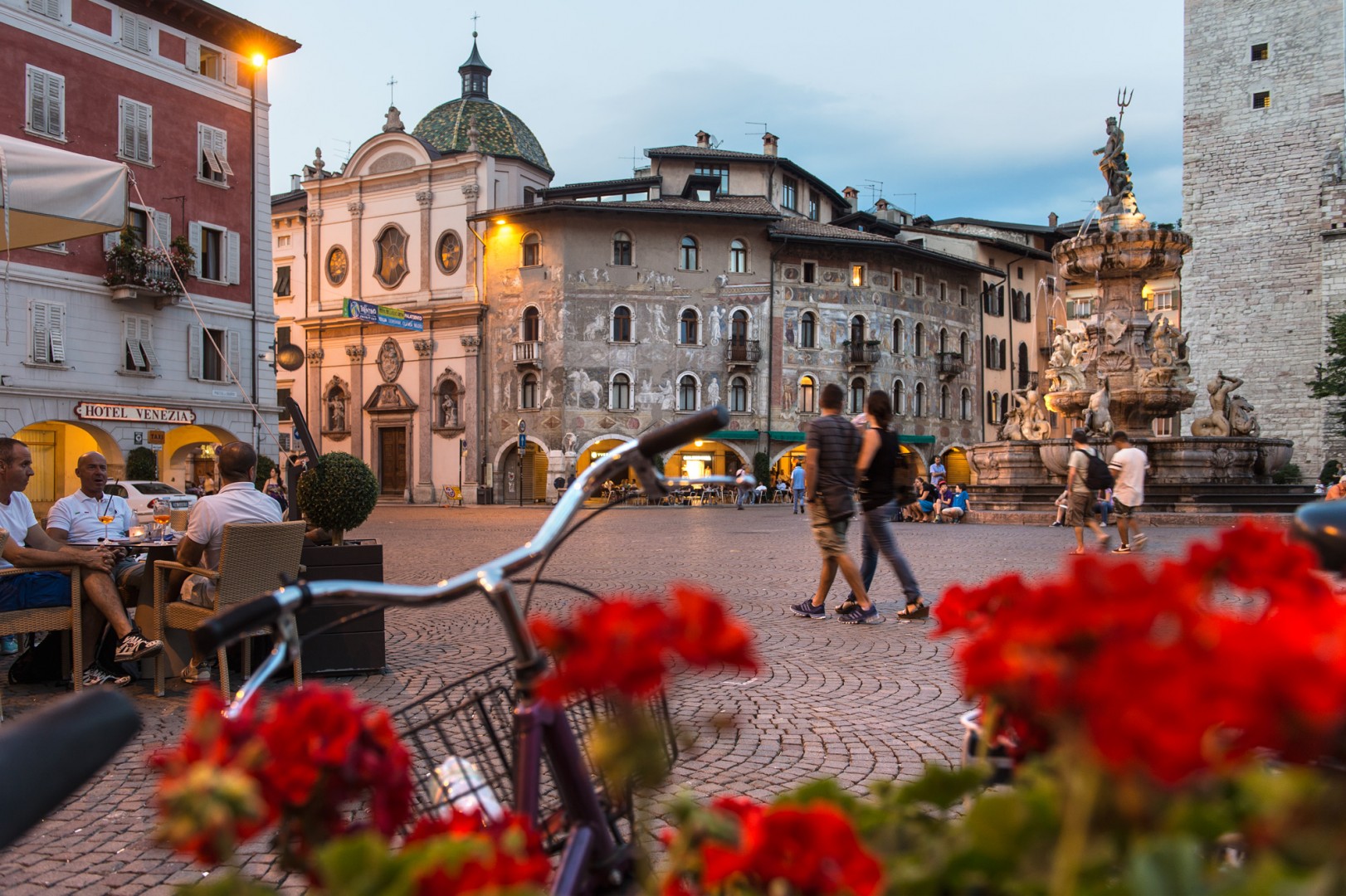
The Italian town of Trento (110,000 inhabitants), in Northern Italy, was recently voted the town with the highest quality of life in Italy. The charming town center and the natural beauty of the surrounding Alps can be reached quickly by even the hardest-working conference attendee.
Known as the “painted city”, Trento offers many beautiful buildings within its compact historical center. Some of these were built to accommodate delegates to the Council of Trent (1545–1563). Most of the historical center has little or no traffic. Even brief walks during breaks from the conference are enjoyable. Culinary delights ranging from a cone of Italian ice cream to a multicourse meal can be enjoyed indoors or outdoors.
For further information about attractions in Trento and Environs, visit the local tourist information center.
Travel information

Venue
Università di Trento
Dipartimento di Sociologia e Ricerca Sociale
Via Verdi, 26 – Trento

Transport
You can easily reach Trento by train or bus from Milano, Verona, Venezia, Munich and Innsbruck

Accommodation
FBK has a prior rate agreement with many hotels, where you can get a special rate
Università di Trento - Dipartimento di Sociologia e Ricerca Sociale
Via Verdi, 26
Trento (Italy)
